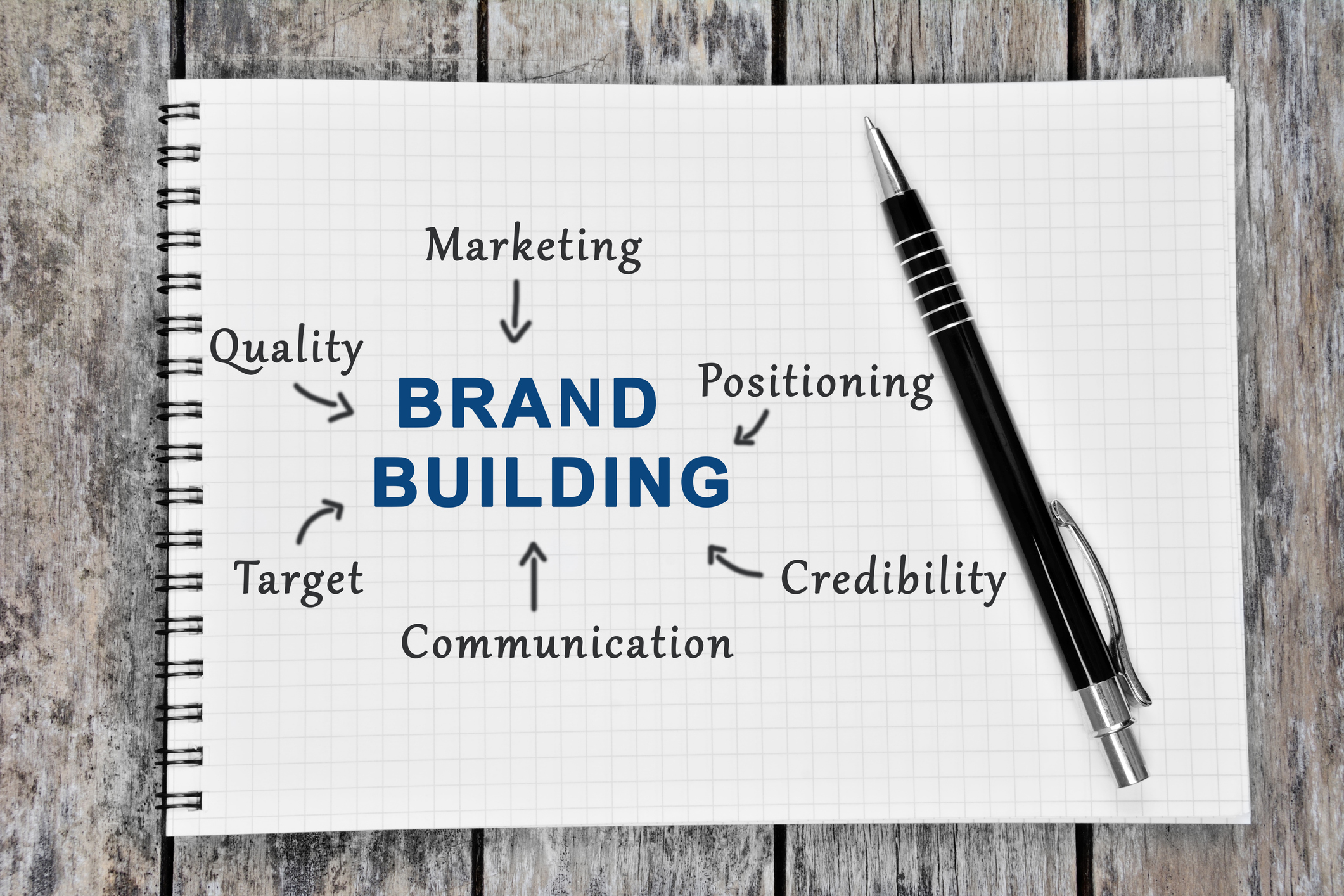The quality of your content is vital for digital use however it’s important to understand its role when it comes to marketing and how AI (Artificial Intelligence) can play a role within this. Here, we discuss the content creation process, its place in marketing and how AI is helping to reshape its future for 2024 and beyond.
How we create content
For our content marketing to prove a success, we ensure that we thoroughly understand the target audience according to each individual client. This way, we create and deliver content that will resonate with the reader and will ultimately drive engagement and increase conversions. With a content marketing plan, which we devise in-house with a content calendar, we use this to schedule and manage our resources.
An introduction to AI
AI is becoming more prevalent, however this comes with its own unique set of challenges. In short, it’s better suited to particular tasks, should you choose to use it. For example, AI could prove useful if you’re compiling a report, which does not require personality, only facts. However, you’ll still need to check and double-check these facts because AI uses and develops existing content, which may not be accurate.

Content marketing and editing
So, regardless of the ways in which AI is currently being used, one aspect of this process is evident – content, which is produced in this way, is likely to require extensive editing (preferably by a journalist) and comprehensive fact-checking.
Where’s the personality?
The content produced by AI may read well, however you can’t expect high levels of expertise or much in terms of personality within the content it produces. This doesn’t mean AI doesn’t have a place when it comes to content marketing – you just need to choose where and how you use it wisely.
AI can’t simply replace authentic human creativity and certain levels of product/service expertise. So, it’s important to strike the right balance between technological efficiency and authentic human-driven content carefully.

How Google is cracking down on AI-generated content
Google claims it does not support the use of AI to ‘generate content primarily to manipulate search rankings.’ This is strictly against their spam policies. Search engines are looking for content which is high-quality and comes from reliable sources (and so is the reader).
Only this month, Google revealed it’s cracking down on AI-generated content. As a result, this means some content will be delisted from its search results. Essentially, this will target the sort of copy, which is being produced to manipulate its search algorithms and inflate rankings artificially.
So, if you’re looking for high-quality content handcrafted by experts, you’ve come to the right place. If you specifically want us to use AI-generated content, we can also work with this as a starting point. However, this content will need heavy subbing in order to make it read beautifully, hold the reader’s interest and rank as well as human-written copy on search engines.
Essential components of a successful content marketing strategy
The backbone of any successful content marketing strategy is a clearly defined audience persona (a fictional profile of your target audience), coupled with a compelling brand story that resonates with this.
Understanding your audience’s motivations and pain points enables content to be created that addresses their unique challenges. We use this approach, backed by a solid content marketing plan, to ensure that our content marketing efforts align with your brand’s broader objectives, ultimately driving success.
We also devise a strategic plan we can adhere to, when creating content, although this can be subject to change. This content marketing encompasses our main campaigns, projects and the various channels through which your content will be delivered.
We think it’s essential that the channels we choose are just as important as the online marketing content we create. For example, picking your social media platforms carefully will guarantee that your content reaches and resonates with your target audience. We also tailor your social media posts and offer relevant content to attract interest and enhance engagement.
Audience segmentation and persona development
Within an effective content marketing strategy, audience segmentation should play an important part. These subgroups within your target audience are essential to tailor messaging to the right individuals. At Christchurch Creative, we also look at any specific challenges each smaller section of the target group may have and factor this into our content marketing.
Recognising specific priorities, any challenges, and preferences for your audience (potential and existing customers) first will result in content that is highly tailored and engaging. So, we implement these factors into our content marketing plan, which leads to improved engagement to encourage higher conversion rates.
Making your content marketing plan a success

To effectively distribute content, we find that a combination of paid, organic and earned channels (where someone else shares content on their social media channel for example) works well for publishing and promoting content. Ultimately, this can help your brand reach a wider audience and maximise impact. We tend to distribute content via a variety of channels including social media, email marketing and organic search via blog posts on your website.
The role of Artificial Intelligence (AI) in content marketing
The role of AI in content marketing can be helpful in terms of:
- Automating tasks, such as generating straightforward content. This can cover online product descriptions, for example, however the copy will probably still need tweaking
- Curating personalised experiences through tools like chatbots that interact with users in real-time
While the role of AI in content marketing could be transformative, it is also essential to understand the limitations of AI in content creation.
AI-driven content in marketing
The role of AI in content creation is all about efficiency and automation. Blog posts and straightforward reports can be produced via AI content creation tools. These can combine the use of visual and text-based content, which are created via written prompts. However, if you want to create content that is polished, accurate and highly engaging, you must always remember that AI-generated material requires heavy editing.
AI literally uses machines instead of humans to perform a variety of tasks. This can include repurposing content, which can be applied to different marketing channels, altering image sizes and updating brand template graphics. Ultimately some of this automation can make content marketing more efficient by saving you time.
However, using AI tools in order to produce content and save time does come with its drawbacks. It can’t replace the need for human creativity in content marketing for a variety of reasons. One issue is that AI-generated content tends to lack any real expertise in terms of in-depth product and expert knowledge. It can also severely lack that all-important personal touch, which only a human can add.

Creating a mixture of content according to formats
Mixing up content to work well on different formats should be part of a successful content marketing campaign. Let’s take your social media presence on Instagram as one such example. Reels have been proving the most popular form of content creation on this platform when compared to stories, carousel and single image posts. So, it makes perfect sense to include these within your content strategy. However, you may want to tweak the copy, which accompanies your reel, to work well on LinkedIn, for example.
Long-form blog posts are one of those great content marketing examples, which will not only generate more organic traffic but these also cater to different audience preferences. These facilitate the buyer’s journey and build current and potential customers’ confidence that you can not only provide them with valuable information in the form of helpful content but they can use your blog as a valuable resource.
The content formats we choose, when it comes to blog posts, tend to align with the different stages of the customer journey, from awareness with educational blog posts to decision stages with a comprehensive blog post guide, effectively reaching potential and existing customers.
We prefer to diversify the content mix to include various types, which are suitable for different audience preferences, like video for reels and long and short-form articles for blogs. A clever combination of these will ultimately maximise the impact you can expect from an online content marketing strategy.
Content creation and optimisation
If you want to deliver high-quality content for your customers, it’s important to:
- Be comprehensive, accurate, educational and that it will fulfill the searcher’s query
- Feature multimedia elements like images and videos, which will clarify points made and encourage more user engagement
- Add unique perspectives and personal experience
- Review and edit everything thoroughly before publishing
At Christchurch Creative, we also find focussing on a mixture of main and niche subtopics within an industry for content creation can lead to less competition and better search engine rankings. So, this ensures the content’s call to action aligns with user intent, which is key for effective digital marketing.
We also leverage user-generated content (such as our work with influencers). The creation of this valuable content will add legitimacy to your claims as a trusted brand and provide you with an efficient way to build your reputation and encourage more leads.

Distribution and promotion
Whichever types of content marketing interest you, a well-planned content distribution strategy is crucial. This way, you can can ensure that content reaches the right audience at the consideration stage and they engage with it. You can achieve this through working with content marketers, such as Christchurch Creative, on a comprehensive digital marketing plan, which includes:
- Using social media platforms to share and promote content and spending comprehensive time engaging on each platform
- Work on company-owned platforms, such as blogs, websites and landing pages within site, to distribute content
- Seeking third-party endorsements and collaborations with the right influencers to expand reach and credibility
We design our content distribution strategy to work with audience behaviours and preferences in order to maximise reach potential. This work involves strategically choosing the right channels and types of content that we plan to create that we believe will resonate with your target audience.
What makes our content marketing important? Our effective content marketing includes a variety of brand promotion strategies. For example, we thrive on leveraging influencer relationships and paid channels in order to enhance your content reach. We find that using the right distribution and the best promotion strategies with significantly heighten the impact and raise the reach of your content over a period of time.
Can AI contribute to your content marketing efforts?
AI undoubtedly holds the potential to revolutionise content marketing to some extent through automating a variety of tasks and helping to improve customer experiences. Nonetheless, it is vital to use this technology in tandem with the human creativity of a journalist if you want to produce engaging, unique, authentic, and high-quality content that resonates with your target audience.
While AI can certainly help in terms of content creation and distribution, the human element remains irreplaceable. So, a successful content marketing strategy in 2024 and beyond will need to balance the efficiency of AI with the creativity and authenticity that only humans can bring to the table.
Creating content & AI
The future of content marketing is all about human creativity and how to successfully incorporate AI in a way, which is not detrimental to a brand. From audience segmentation and persona development to content creation, distribution and promotion, combining these in the right way have the potential to streamline processes and enhance efficiency. However, AI can not replace human creativity and input, which are crucial if you want to produce engaging, authentic and high-quality content.
To create a successful content marketing strategy, it’s important to understand your audience, develop a unique brand story and raise brand awareness, build relationships and create a strategic plan of action.
In short, a well-planned content distribution strategy can maximise the reach and impact of your content. Remember, while AI can assist in these processes, the human touch is what ultimately sets your content apart.
Our Address
Christchurch Creative,
124 City Road, London,
EC1V 2NX

